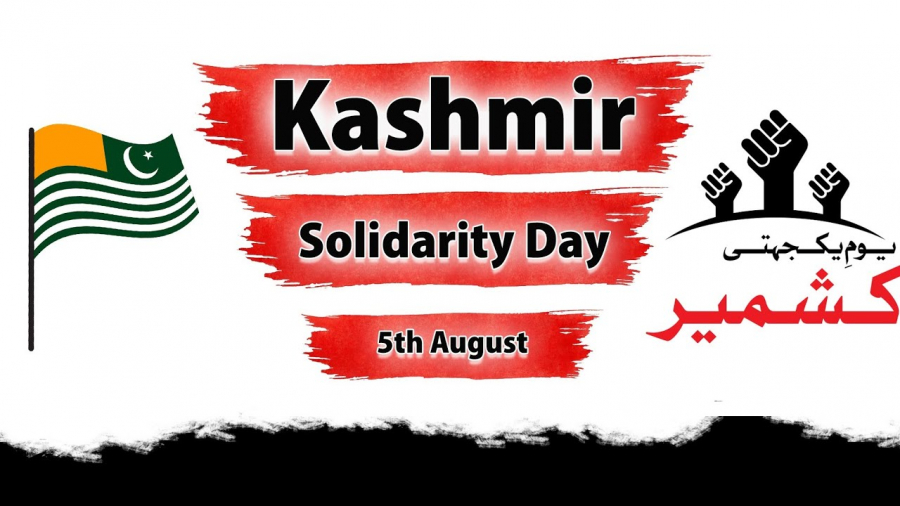Once again Bharatiya Janata party (BJP) and vicious Indians flamed the Kashmir valley by abolishment of article 370 and article 35-A, which facilitates Indian occupied Kashmir inhabitants with significant autonomy and freedom of law enforcement in their region. New domicile allows people outside of Kashmir to become permanent residents of Kashmir, and government may appoint any outsider who is fit for the job by abolishing special statues of IJK’s people. Brutality and genocide in IJK has proved that people of Pakistan and India belong to a different ideology, are two different nations having different civilizations, and under same constitution will end up with gigantic destruction.
Article 35-A, to ensure the sovereignty of the state prohibits outsiders from buying land, attain educational scholarships, government jobs and any permanent residence in Jammu Kashmir. It is now smudging as BJP government floods people to Indian occupied Kashmir region and implements unconstitutional changes to achieve Hindu majority in Muslim majority areas.
People of Indian occupied Kashmir were already living under poverty line and now current pandemic has hit the indigents dually in curfew. They are confronting inevitable economic and social disasters, while BJP Government is finding new ways in graceless circumstances to occupy Jammu region by enforcing new domicile law and imposing strict curfew. Indian Government not only suppressed Kashmiri’s doctors for having concerns over hospital’s poor infrastructure and non-availability of essentials but also curbed individual’s efforts to control pandemic. Article 370 executed in 1994, which gives IJK people autonomy in administration and law enforcement is now rattling with last stab. This shows a clear violation of UNSC on Kashmir resolution. In 1948, it was India who first called united nation over Kashmir dispute resolution. United nation should play its unbiased role for Kashmir indigents as it’s the clear violation of customary international humanitarian law according to which: “states must not transfer or deport parts of their own civilian population into a territory they occupy.” The current dispute requires international response as it is not a bilateral issue.
Pakistan is continuously putting its efforts to update international community against brutality and massacre of Indian government towards people of Indian occupied Kashmir at various social and international institutional platforms. Prime Minister Imran khan strongly condemned the BJP government’s racist illegal attempts to change the demographics of Indian occupied Kashmir and recognized it as a clear violation of the 4th Geneva convention. Pakistan foreign office spokesperson Ms. Ayesha Farooqi, at the united nation Security Council pointed out China’s movement and stressed that Kashmir issue is an international dispute that should be settled down through continuous pressure on Indian government to end human rights violation and ceasefire.
Across the world, some western states keep India as a potential supplier for their economic benefits and are denying the racial killing and illegal constitutional changes held by Indian government. On the other side, many countries like China and Turkey are supporting Pakistan’s concerns over violation of human rights and are observing international dispute on ground realities. It is time that United nation should play its part to stop violation and genocide of Modi’s government and must settle the territorial dispute before it is too late. The demographic transformation of the region from Majority Muslim to Majority Hindu must be stopped otherwise dispute will have devastating negative impacts on the resources and people of this region.


